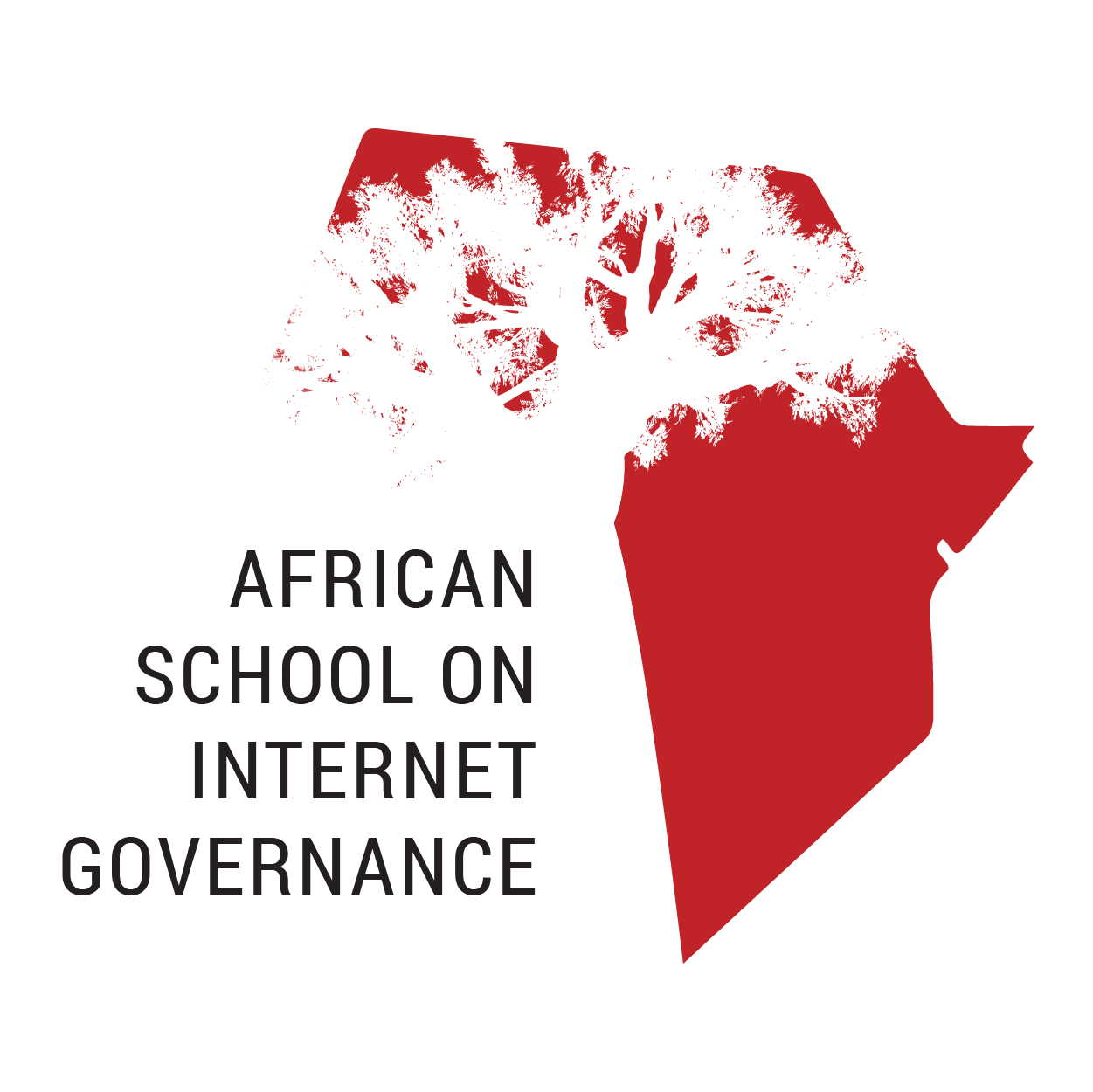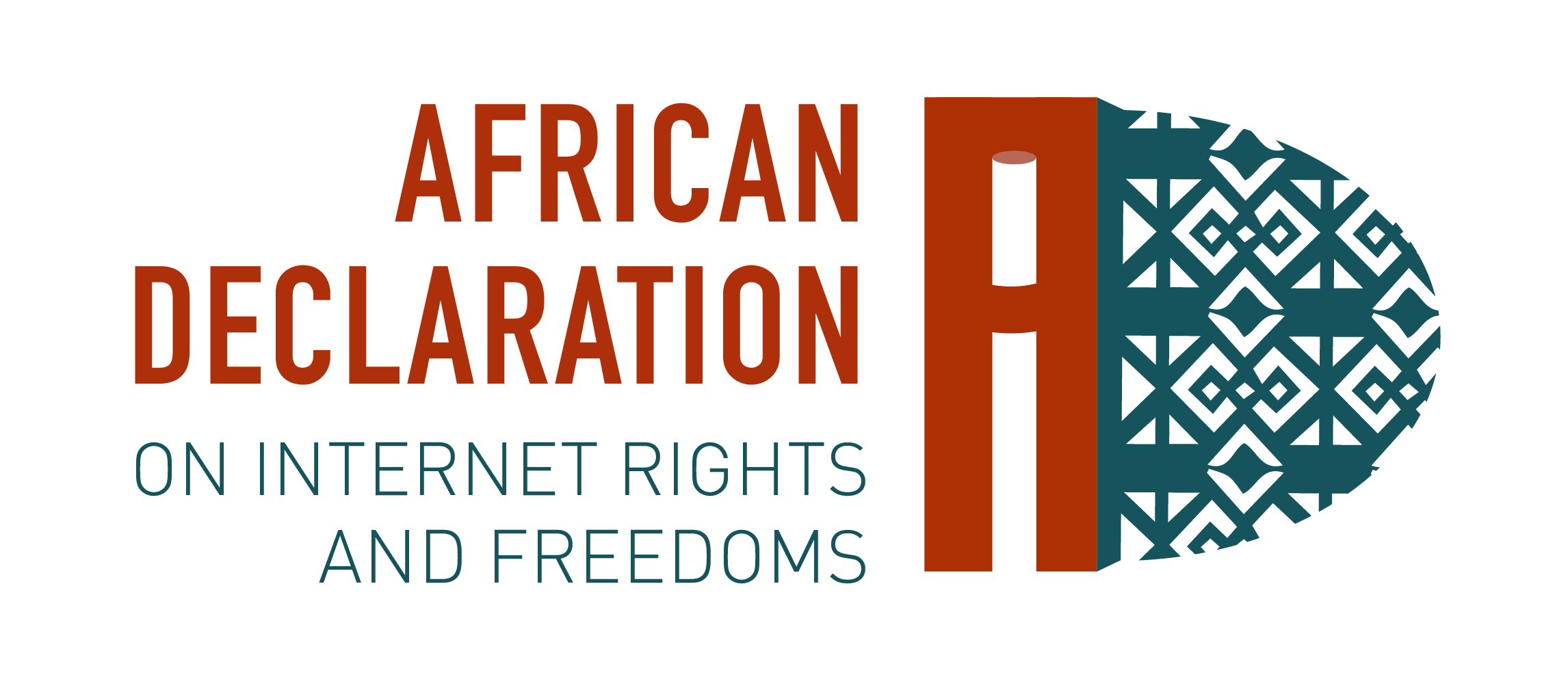Listen to the vision for the next ten years of APC from our member VOICE from Bangladesh who envisions APC becoming a more vibrant and connected network.
Our member CITAD from Nigeria envisions APC working with all our members to promote social justice that is rooted in local realities.
Listen to our member Jinbonet from South Korea vision for APC for the next ten years, they envision APC’s mission of digital rights only becoming more important with emerging technologies.
 Connecting the Unconnected: Supporting community networks and other community-based connectivity initiatives
Connecting the Unconnected: Supporting community networks and other community-based connectivity initiatives
This project will contribute to an enabling ecosystem for the emergence and growth of community networks and other community-based connectivity initiatives in developing countries. It is part of a multi-year, multi-donor strategy envisaged to address the human capacity and sustainability challenges, along with the policy and regulatory obstacles, that limit the growth of community-based connectivity initiatives.
 Challenging hate narratives and violations of freedom of religion and expression online in Asia
Challenging hate narratives and violations of freedom of religion and expression online in Asia
This project seeks to protect and promote respect for freedom of religion and expression on the internet, particularly by countering hate speech online on the basis of religion, and generating narratives and discourse that defend secular and diverse opinions touching upon religion. The three-year project focuses on five countries in South and Southeast Asia: Bangladesh, India, Indonesia, Myanmar and Pakistan.
 FIRN: Feminist Internet Research Network
FIRN: Feminist Internet Research Network
The Feminist Internet Research Network is a three-and-a-half-year collaborative and multidisciplinary research project led by APC, funded by the International Development Research Centre. The project draws on the study “Mapping research in gender and digital technology”, and the Feminist Principles of the Internet collectively crafted by feminists and activists, primarily located in the global South.
Global Information Society Watch (GISWatch) is an annual report co-produced by the APC network and partners, which looks at the progress being made in creating an inclusive information society worldwide (particularly in implementing WSIS goals), encourages critical debate, and strengthens networking and advocacy for a just, inclusive information society.
It’s the end of this strange COVID Northern summer / Southern winter. Time for this blog for APC to resume its weekly exploration ‘Inside the Digital Society’.
Since the passing of the Hong Kong National Security Law it has been criticised for its weaponisation against critics of the state and curtailment of freedom of speech.
Having RightsCon 2020 take place entirely online not only demonstrates how the digital space is increasingly important for many spheres of life, but also illustrates how essential it is to protect digital rights as a fundamental part of human rights.
Columns

David Souter writes a weekly column for APC, looking at different aspects of the information society, development and rights. David’s pieces take a fresh look at many of the issues that concern APC and its members, with the aim of provoking discussion and debate. Issues covered include internet governance and sustainable development, human rights and the environment, policy, practice and the use of ICTs by individuals and communities.
The "Pilot Mentoring Project to Develop Community Networks in South Africa" was implemented from October 2019 to April 2020 in the field by Zenzeleni Networks NPC, through an agreement between APC and the UK Government's Digital Access Programme. What follows is part of our effort to capture the ...
Based on recent changes in the telecommunications industry, this paper analyses solutions for the expansion of the telecommunication operator ecosystem.
APC considers the 45th Human Rights Council sessions an important opportunity to discuss country situations of concern, to review how states are complying with their human rights situations and to influence the setting up of international standards in the area of human rights online.
APC is alarmed by reports of Facebook India’s failure to apply its community standards to the perpetrators of hate speech on its platform, and calls for immediate and concrete steps to eradicate hate from the platform and move towards securing the rights and safety of all users.
The Digital Empowerment Foundation launched the Digital Emergency Relief Programme through its Community Information Resource Centres (CIRC) in 600+ locations in India, which have been rigorously responding to the crisis by reaching out to the most vulnerable communities.
This position paper published by 7amleh - The Arab Center for the Advancement of Social Media details the increase in Israeli digital rights violations with the onset of the COVID-19 pandemic.
Discriminatory gendered practices are shaped by social, economic, cultural and political structures in the physical world and are similarly reproduced online across digital platforms. This report presents research into the online lived experiences of women in five countries across Africa.
Temporary internet disruptions and shutdowns pose serious challenges to the exercise of a wide range of rights and cannot be justified under any pretext. We therefore call on the Lebanese authorities to lift all restrictions on internet access and restore telecommunications to full capacity.























